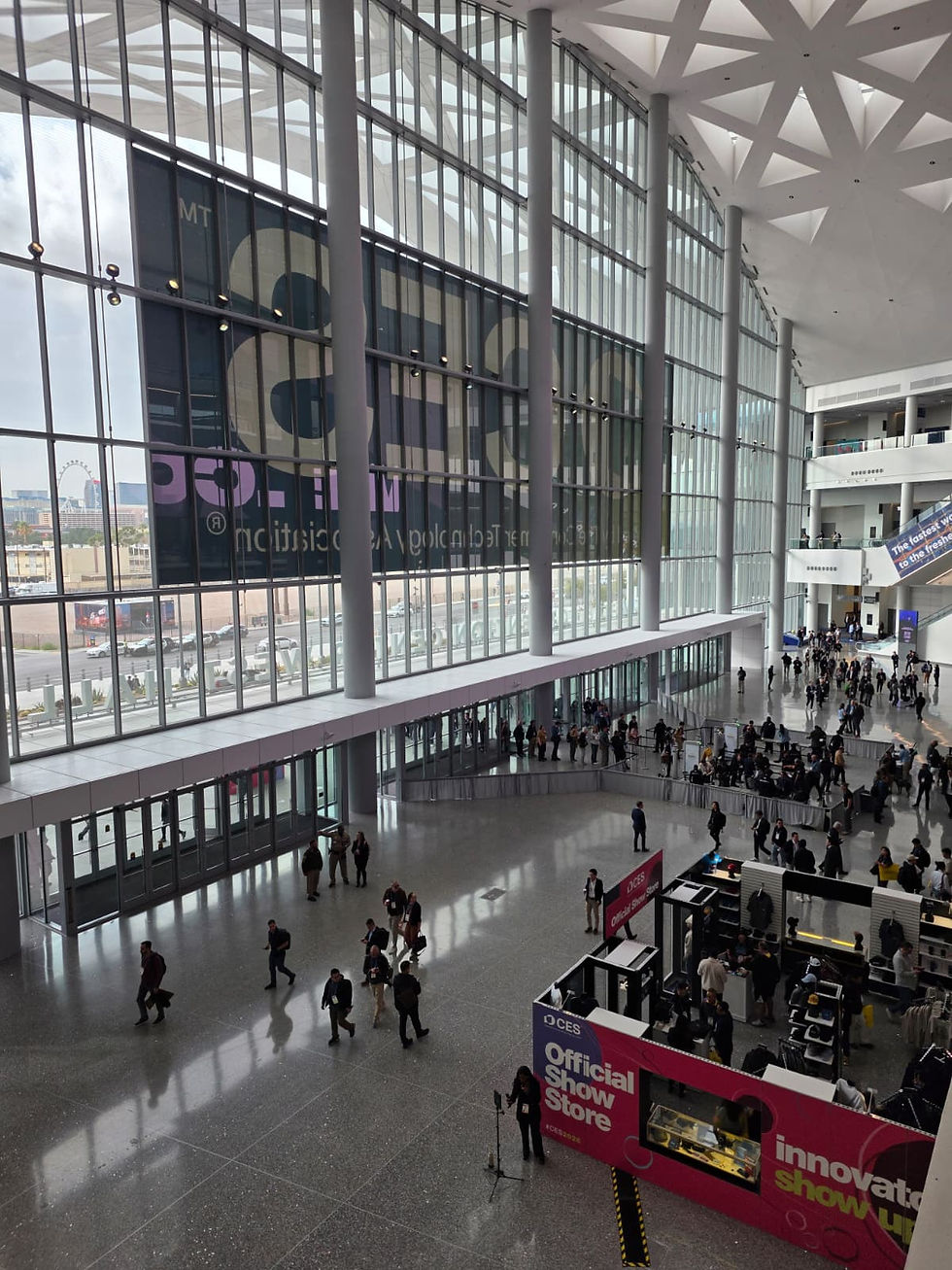The Age of Misinformation
- Mary Galoozis

- Apr 28, 2021
- 3 min read
Last week, I attended a PRSA event that changed my professional perspective and challenged me to broaden my thinking about everyday life online.
Cailin O'Connor, philosopher of science, who focuses on social interaction and mathematical behavior, and the author of The Misinformation Age, was the guest speaker. Going into the discussion, I reflected on how much has changed in the media over the years, and how much information I’ve received from social media. Social media is a chain of connected reactions and responses, and though there are benefits to all these perspectives, there is also a huge problem with the quick spread of misinformation. The first thing Cailin said was, “we’re in a crisis of misinformation and false belief,” which could not be truer. Myths such as putting salt water in your mouth when you have a sore throat or using Clorox to cure COVID are just two examples of things that took off on social media and were often misrepresented as facts.
Boundaries have been crossed and credible media outlets are growing fewer each and every day. Many traditional local media sources have vanished over the past decade, so now many of us turn to the internet for local and national news but who’s fact checking the internet? A decentralized communications network such as social media cannot adhere to journalistic standards, there is no one ensuring the veracity of social content.
It’s important to get all sides to the story; for the most part humans are social learners, meaning our beliefs are shaped by the opinions of other people more than from matters of fact. Activating confirmation bias has rapidly become the chosen tactic. For example, why do we believe information spread by word of mouth or articles instead of finding out the answers ourselves? This is because it’s easier to sway towards people who agree with you over finding out all sides to a story. We focus on belief as a social phenomenon; in saying this, we should keep the following in the back of our heads: who do we trust and why; what social pressures are we under; who’s actively trying to mislead us; how can social media take advantage of our social nature in trying to mislead us? Think about that for a second – most information we get is from other people posting and sharing information on social media. When any social issue happens, it’s now “trendy” to repost and share the content without taking the time to educate ourselves on the real issue. And on the flip side, if you don’t post then you’re the enemy. What’s the common ground? What is the most effective way to reflect on the tragedies that have happened, and all the lives lost, in the light they deserve to be remembered in?
It’s imperative to keep in mind that there are many biased media outlets that have factors such as novelty bias (reporting on the existence of a false claim) and single study reporting. Each of us needs to do our part to get the whole story before sharing news. Western media today is entrusted to report on an entire body of evidence rather than portraying half-truths and painting narratives of social triggers. In saying this, Western media is consumed with reporting what’s new – not necessarily what’s thorough, this is a trap event the best media sources fall into. We see so many pieces on the latest study about coffee and heart health, etc, but those stories don’t always go into the full body of research on coffee and heart health – just the newest/latest quick fact at the time until the trend disappears. A balance of perspective and fact checking is so important.
As a professional in the world of communications, this PRSA event taught me to always keep my eyes open, form my own opinions, learn the whole story before spreading news that could be spread by others without understanding my words, and to always be open to hear all sides to a story. Going forward, try remembering the following: read with awareness, look for unfounded claims, and to avoid sharing if it is not honest, truthful, and necessary. It’s time for us all to do our part; challenge accepted!




